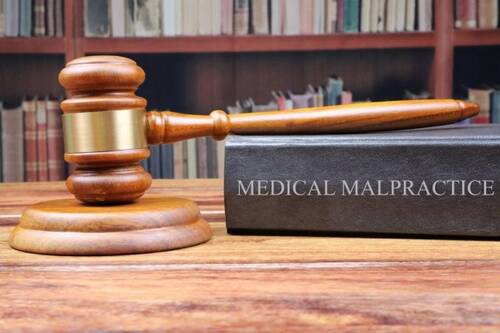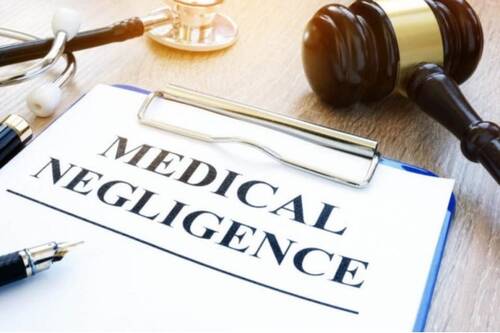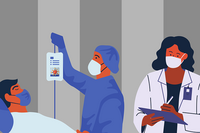Legal-Malpractice / 09.04.2025
The Role of Legal Support in Medical Malpractice Claims: A Comprehensive Guide
Medical malpractice is a serious issue that affects thousands of people each year. It can cause severe physical, emotional, and financial pain for patients who experience errors or negligence during medical treatment. Medical malpractice claims are complex, often requiring a deep understanding of both medical procedures and legal procedures. The importance of legal support in these cases cannot be overstated. Legal representation ensures that patients' rights are protected and that they are given the best chance of obtaining compensation for the harm caused. For those who find themselves facing the consequences of medical malpractice, seeking the guidance of an experienced attorney, such as an LTD Attorney, can be crucial in navigating this challenging journey.















 There are many cases where patients were left worse off after treatment. Sometimes it's due to a wrong diagnosis, botched surgery, or poor care after an operation. These mistakes can cause serious harm and even death. If you think this has happened to you or a loved one, it's important to know your rights.
Getting legal advice early can make a big difference. A good lawyer will look at your case for free and tell you if you have a claim. They'll help gather evidence and deal with the other side. This lets you focus on getting better while they handle the legal stuff.
There are many cases where patients were left worse off after treatment. Sometimes it's due to a wrong diagnosis, botched surgery, or poor care after an operation. These mistakes can cause serious harm and even death. If you think this has happened to you or a loved one, it's important to know your rights.
Getting legal advice early can make a big difference. A good lawyer will look at your case for free and tell you if you have a claim. They'll help gather evidence and deal with the other side. This lets you focus on getting better while they handle the legal stuff.



 When you visit your doctor, you expect to receive accurate diagnoses and appropriate treatment. However, medical professionals can sometimes make mistakes that have serious consequences for patients. If you believe you have been the victim of a misdiagnosis in Virginia, you may be wondering about your legal options. Can you sue your doctor for a wrong diagnosis?
Consider the hypothetical case of Sarah, a hardworking professional plagued by persistent fatigue and headaches. After a series of tests with ambiguous results, her physician diagnoses her with chronic fatigue syndrome. Feeling a sense of relief at finally having an answer, Sarah diligently follows the recommended treatment plan and makes significant lifestyle changes. Despite her efforts, her health continues to deteriorate. Seeking a second opinion, Sarah discovers that she actually has a tumor which, while treatable, has gone undetected and caused substantial harm. Sarah's story illustrates the potentially devastating impact of a misdiagnosis, leaving her with both emotional trauma and severe medical issues.
When you visit your doctor, you expect to receive accurate diagnoses and appropriate treatment. However, medical professionals can sometimes make mistakes that have serious consequences for patients. If you believe you have been the victim of a misdiagnosis in Virginia, you may be wondering about your legal options. Can you sue your doctor for a wrong diagnosis?
Consider the hypothetical case of Sarah, a hardworking professional plagued by persistent fatigue and headaches. After a series of tests with ambiguous results, her physician diagnoses her with chronic fatigue syndrome. Feeling a sense of relief at finally having an answer, Sarah diligently follows the recommended treatment plan and makes significant lifestyle changes. Despite her efforts, her health continues to deteriorate. Seeking a second opinion, Sarah discovers that she actually has a tumor which, while treatable, has gone undetected and caused substantial harm. Sarah's story illustrates the potentially devastating impact of a misdiagnosis, leaving her with both emotional trauma and severe medical issues.







